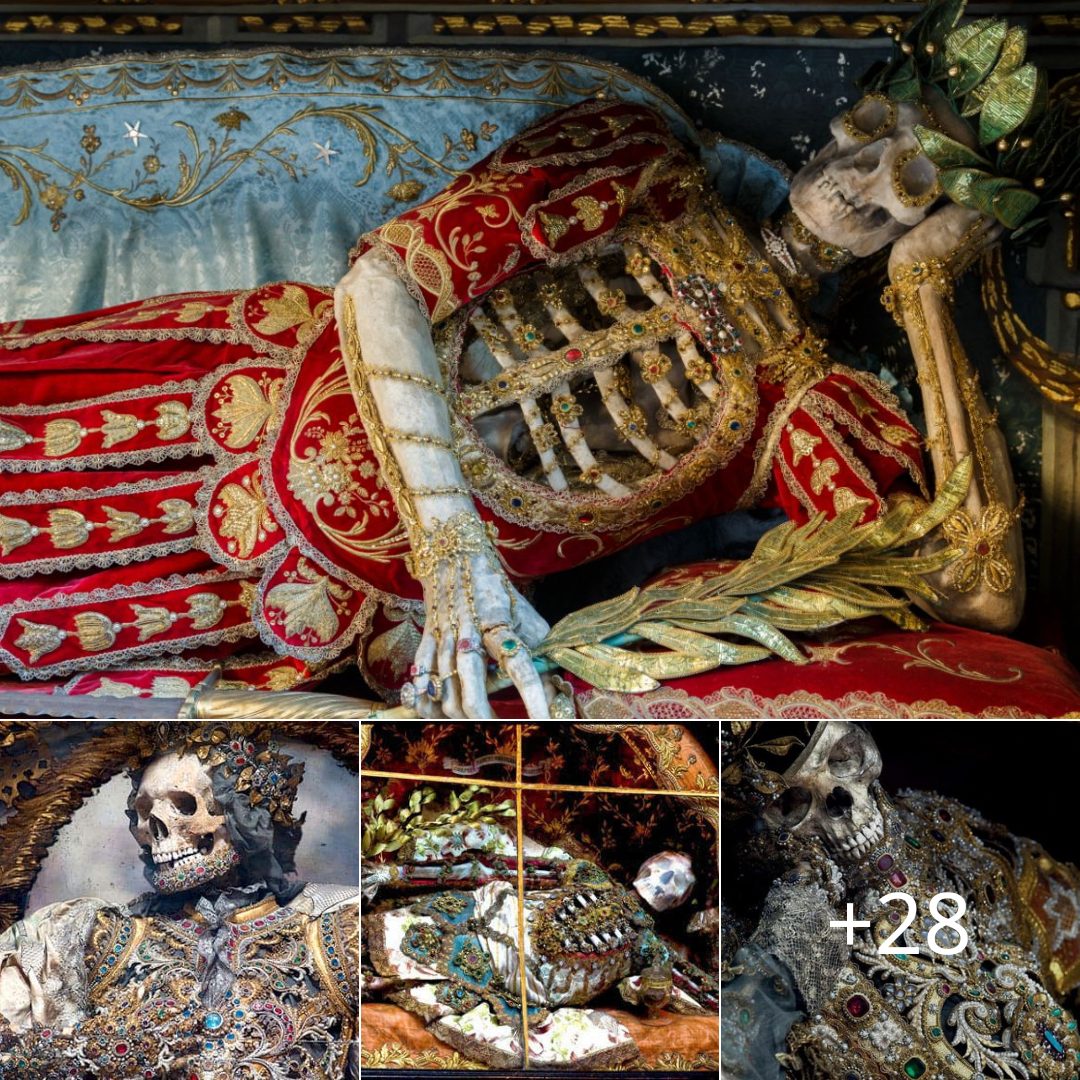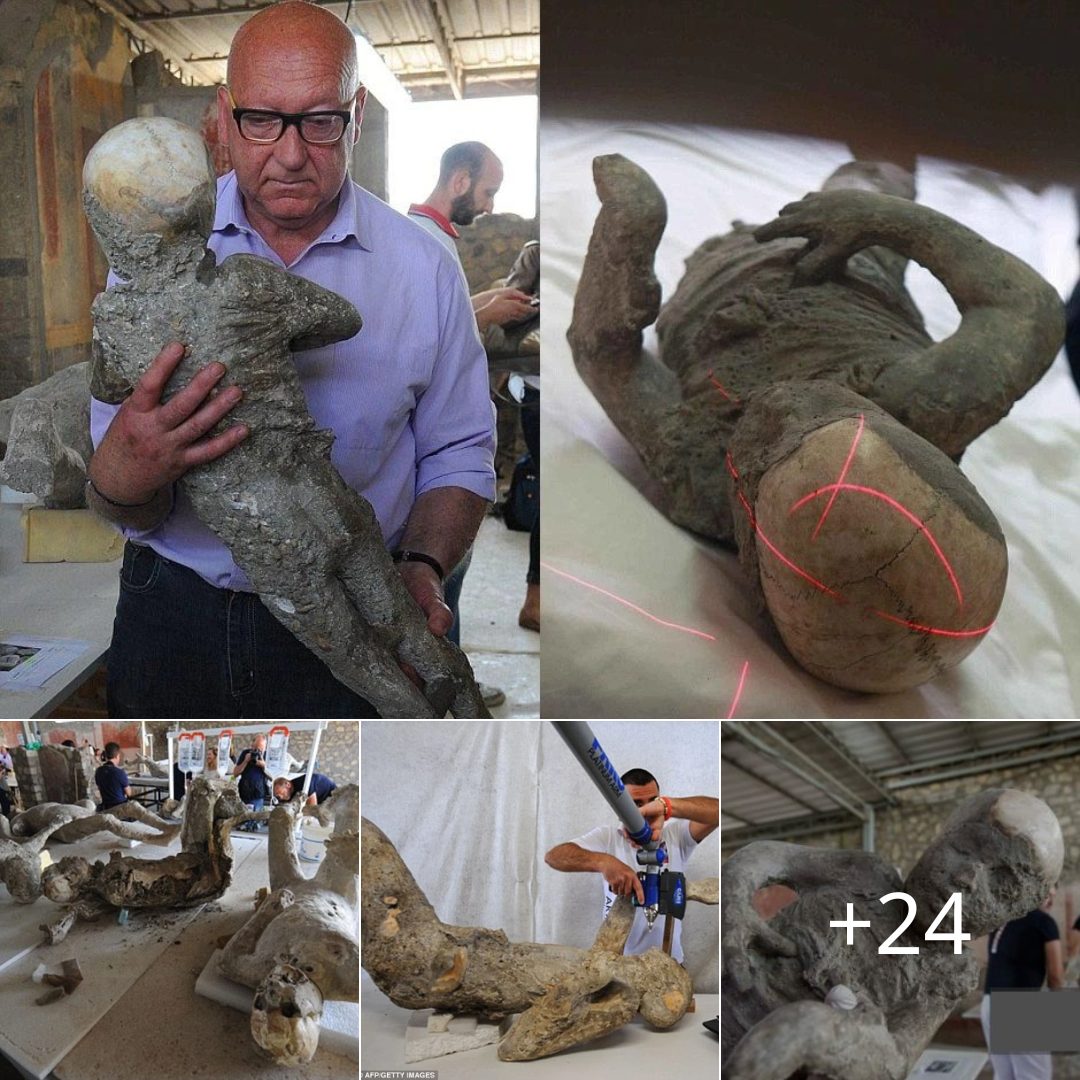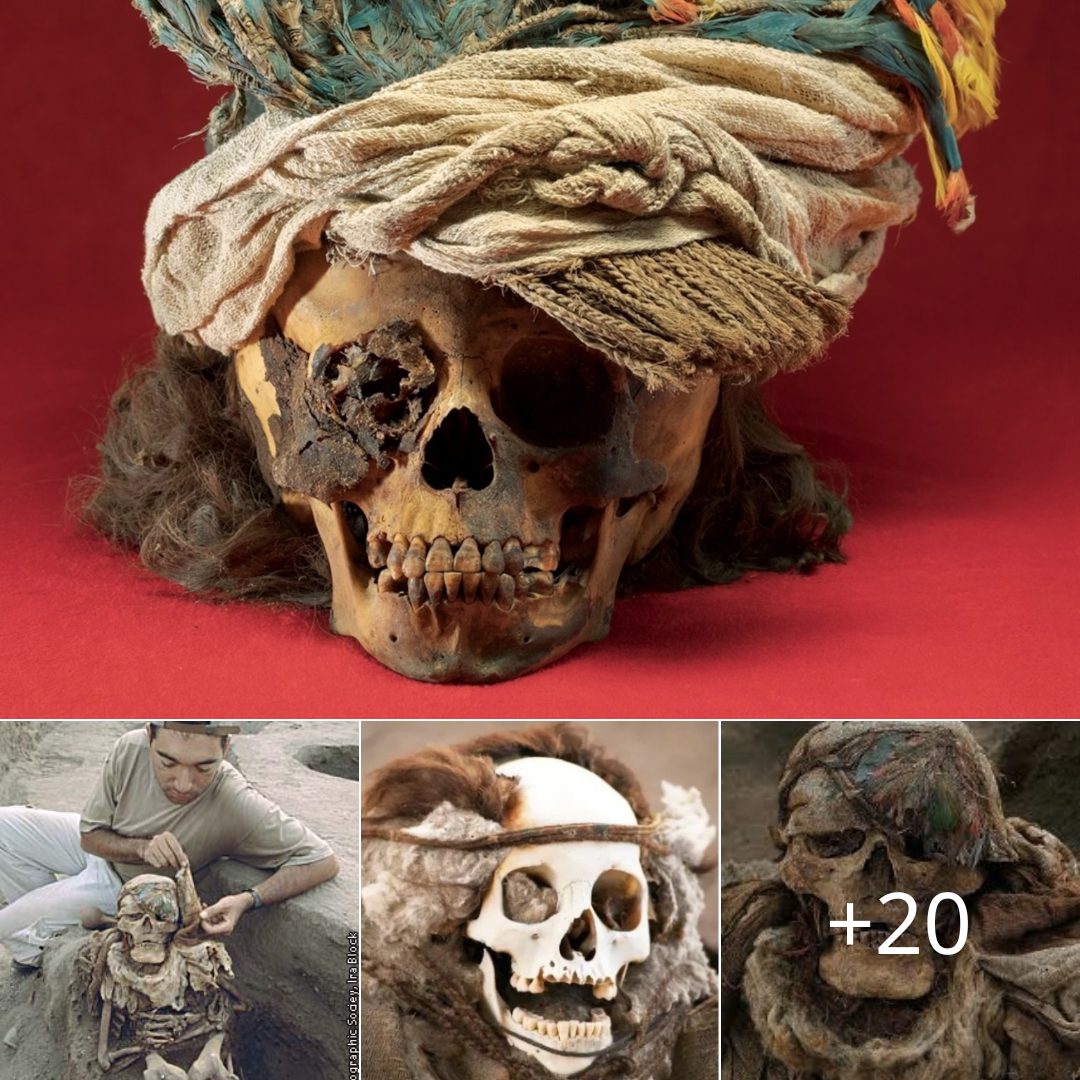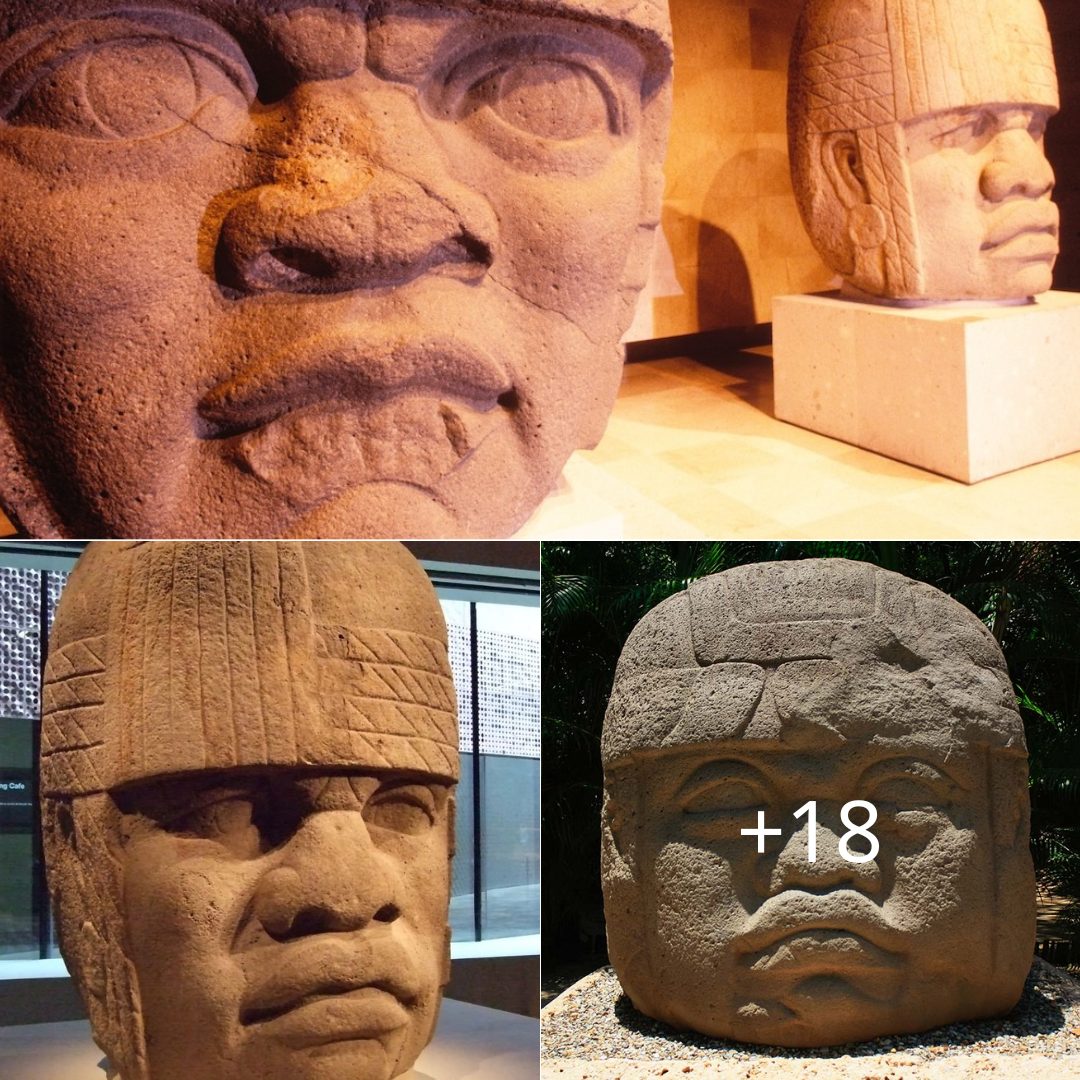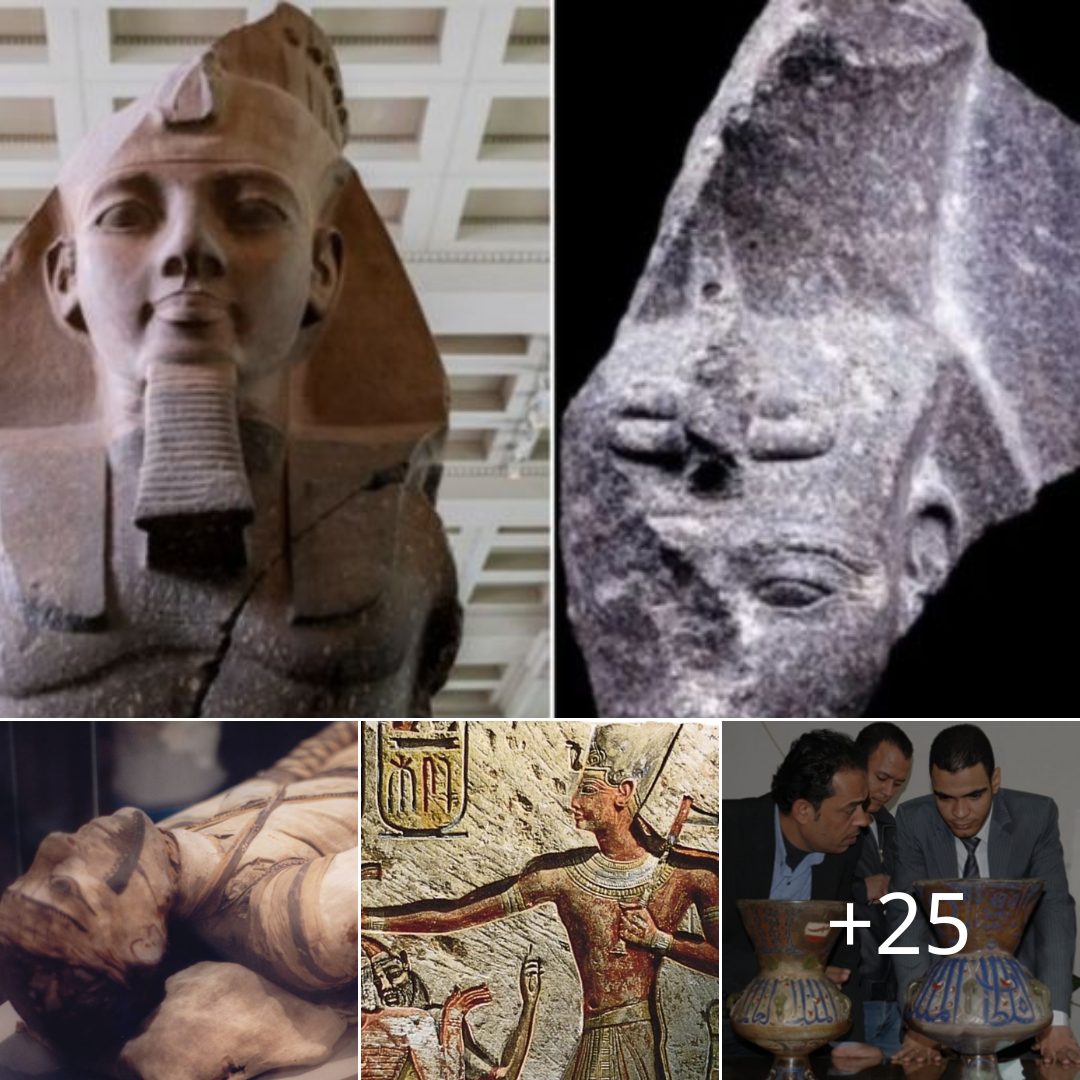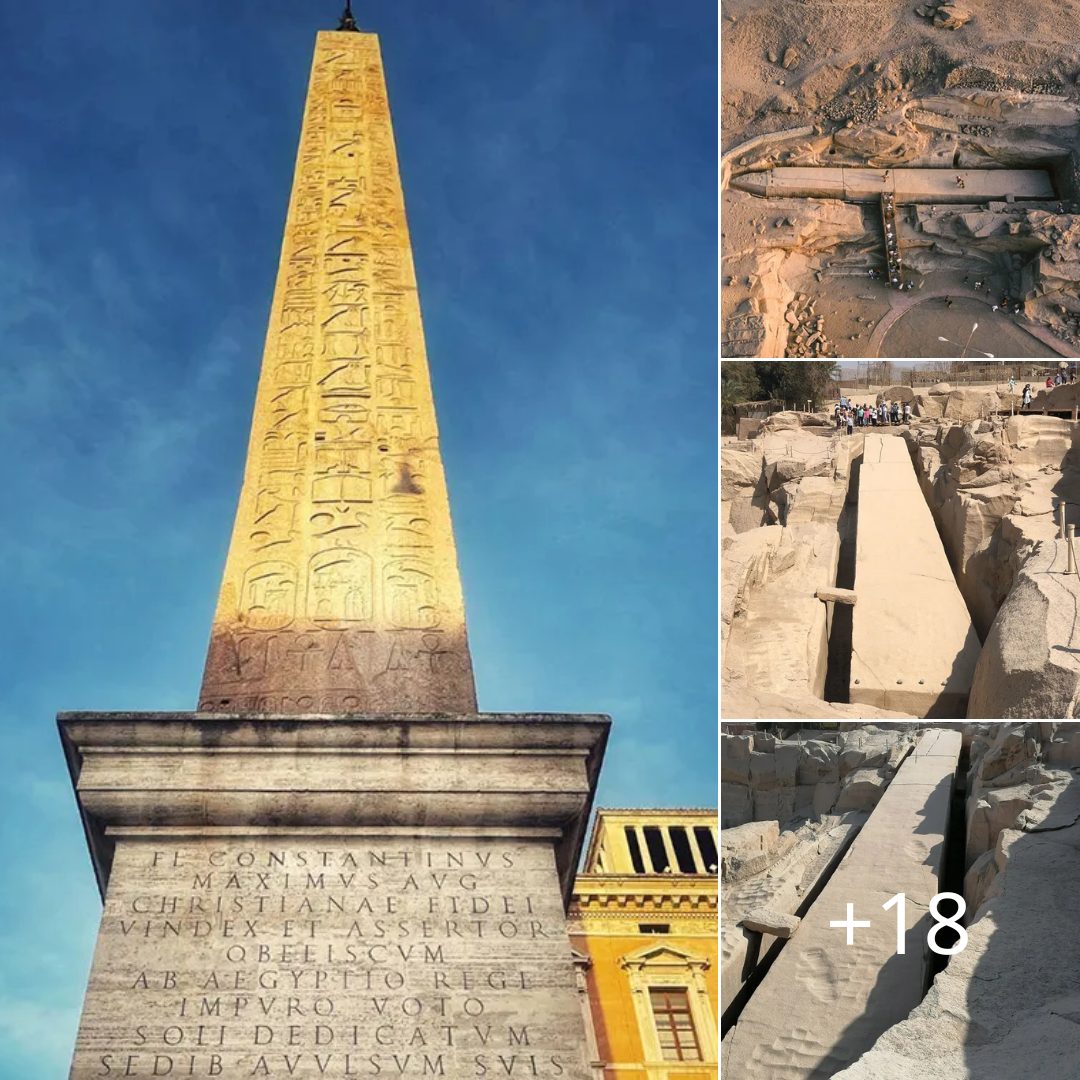A farmer in Atalanti, Central Greece, wanted to plant olive trees but found an ancient statue of a Kouros instead.
While the farmer was preparing the soil in his plot, his tools hit something that looked like a statue.
He informed authorities that started a broader excavation and the result was: four Kouros statues and a part of an Ancient Greek cemetery that suggests it belonged to the ancient city of Opus.

A Kouros is a name given to free-standing ancient Greek sculptures that first appear in the Archaic period in Greece and represent nude male youths. In Ancient Greek kouros means “youth, boy, especially of noble rank”.
Although Kouroi have been found in many ancient Greek territories, they were especially prominent in Attica and Boiotia.
The discovery of the first Kouros statue took place in the middle of October, the Greek Culture Ministry said in a statement, adding that the excavation the followed discovered more amazing findings.
Archaeologists unearthed four limestone statues of natural size and a part of a base for a statue.

After the first statue was discovered, the head of the Ephorate of Antiquities of Fthiotida and Evritania instructed archaeologist Maria Papageorgiou to conduct field trials.
Two more statues were unearthed.
The archaic statues were not intact and the parts that were found had a height of 0.86m to 1.22m.
The excavation was conducted in a small part of the field only. In earth layers deeper than where the sculptures were found, an organized cemetery with so far seven graves has been discovered.
The graves seemed to have been used from the 5th century BC until the 2nd century BC. The existence of the ancient cemetery in proximity to the modern city of Atalanti suggests that part of the organized cemetery of the ancient Opus has been probably identified.
Opus is the ancient name of Atalanti, believed to be one of the most ancient towns in Greece.
Pindar’s ninth Olympian ode concerns Opus. It was said to have been founded by Opus, a son of Locrus and Protogeneia; and in its neighborhood Deucalion and Pyrrha were reported to have resided.
It was the native city of Patroclus and it is mentioned in the Homeric Catalogue of Ships as one of the Locrian towns whose troops were led by Ajax the Lesser, son of Oileus the king of Locris, in the Iliad
